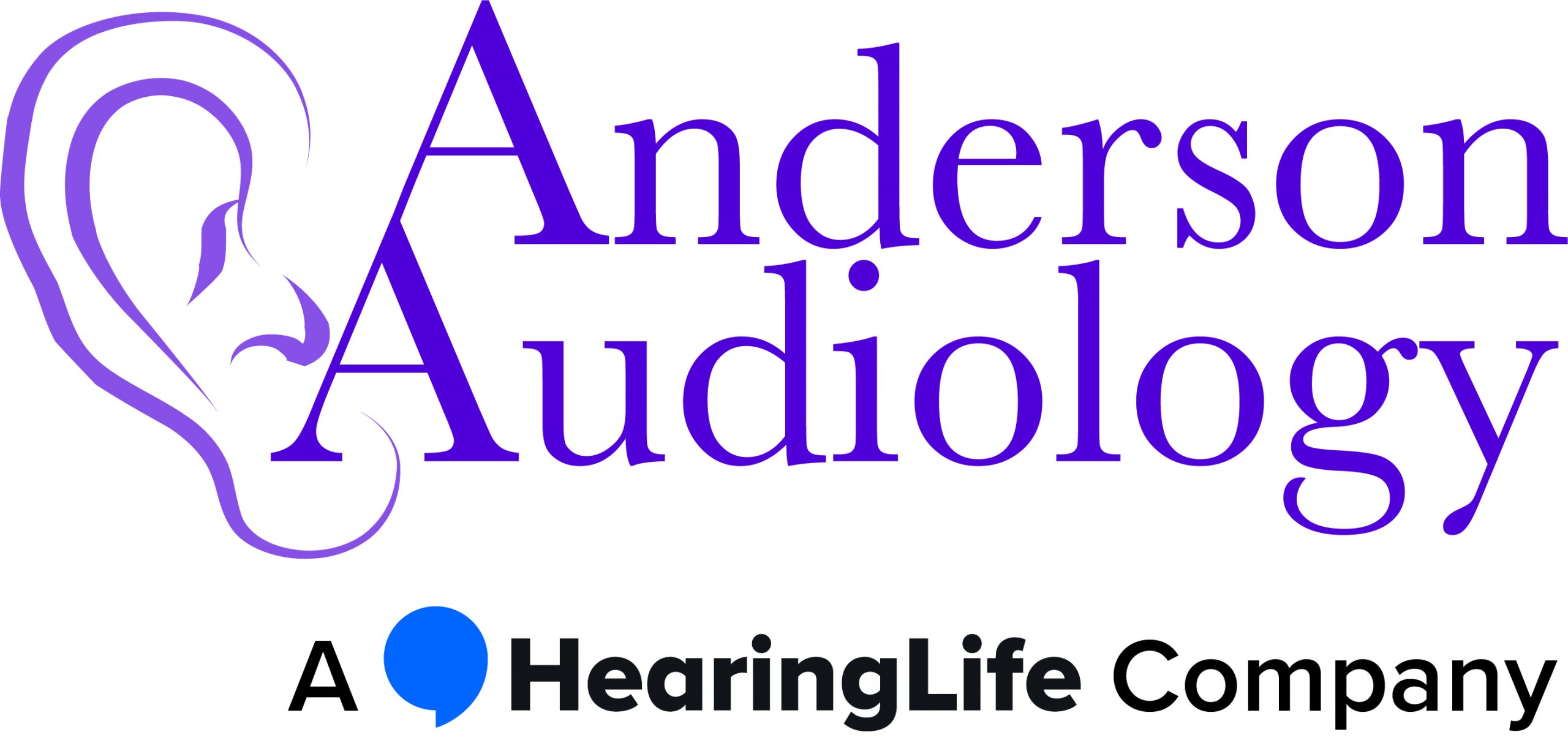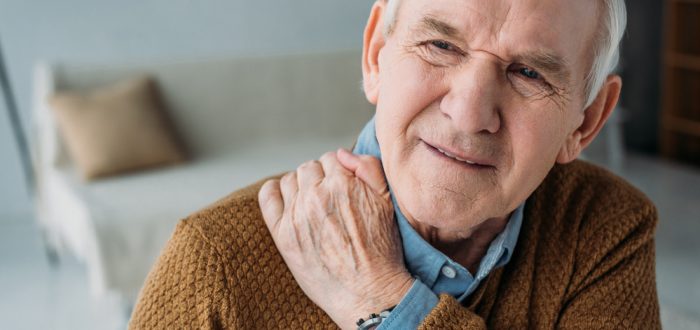Do you or a loved one suffer from osteoporosis? If so, you should strongly consider getting your hearing checked regularly as a part of your medical checkups or that of your loved one. Recent research has brought to light a link between osteoporosis and sudden hearing loss. Read on to learn more about the connection between these two conditions and what you can do about it.
What is Osteoporosis?
An estimated 54 million Americans have been diagnosed with osteoporosis, a disease that substantially weakens the bones to the point where they become fragile and may break easily. It can strike people of all ages, but affects older people most often, especially women. Studies indicate that approximately one out of two women aged 50 or older, and one out of four men in that age bracket, will break a bone due to osteoporosis.
Those with osteoporosis suffer from low bone mass, putting them at risk of developing serious bone loss and fractures. The most common bones to break are those in the hips, spine, and wrist. In addition to the pain associated with a broken bone, osteoporosis causes some patients to lose height, and may lead to a stooped or hunched posture.
Other effects include limited mobility, isolation, and depression. 20 percent of elderly patients who break a hip die of complications within one year. While most fractures occur as a result of falls, in other cases, even something as insignificant as a minor bump, or even a sneeze, can lead to a broken bone.
As if those complications weren’t enough, osteoporosis patients also have to worry about the possibility of hearing loss.
The Link Between Osteoporosis and Hearing Loss
To understand how osteoporosis can affect your hearing, it helps to have knowledge of the mechanisms responsible for hearing. Sound waves enter your outer ear canal and strike the eardrum, a thin membrane connected to three tiny bones in the middle ear known as the ossicles. When these bones are damaged, hearing loss can occur.
Because osteoporosis weakens bones, it can affect the ossicles. One of these bones, the stapes, is the smallest in the human body, making it especially prone to fracture. Perhaps more concerning is the fact that hearing loss can occur without warning.
More specifically, at least one study links osteoporosis to a nearly doubled risk of sudden sensorineural hearing loss, a disease that can affect people of all ages around the globe but primarily affects those in their 50s and 60s. Osteoporosis patients are also more likely to report a ringing in the ears known as tinnitus.
QUICK FACTS ABOUT SUDDEN SENSORINEURAL HEARING LOSS
- Relatively common and typically referred to as “sudden deafness” or “SSHL”
- Involves rapid hearing loss in an instant or over several days
- Usually develops in one ear rather than both
- May occur together with dizziness or ringing in the ears
- Requires immediate help for greatest effectiveness of treatment
- Common treatment includes steroid therapy, but some cases resolve on their own
- Often has unknown cause, but common culprits include head injury, ototoxic drugs, infectious disease, circulation problems, thyroid disorders, and other selected conditions
If you or a loved one suffer from osteoporosis, we recommend you get your hearing checked regularly, as a part of your routine medical checkups. Even if hearing loss has already occurred, it can still be managed effectively with hearing aids.
Need Help? Contact Us Today!
Still have questions? At Anderson Audiology, our hearing specialists are on hand to help. Call us today on 702-997-2964. Alternatively, click here to request an appointment online.

